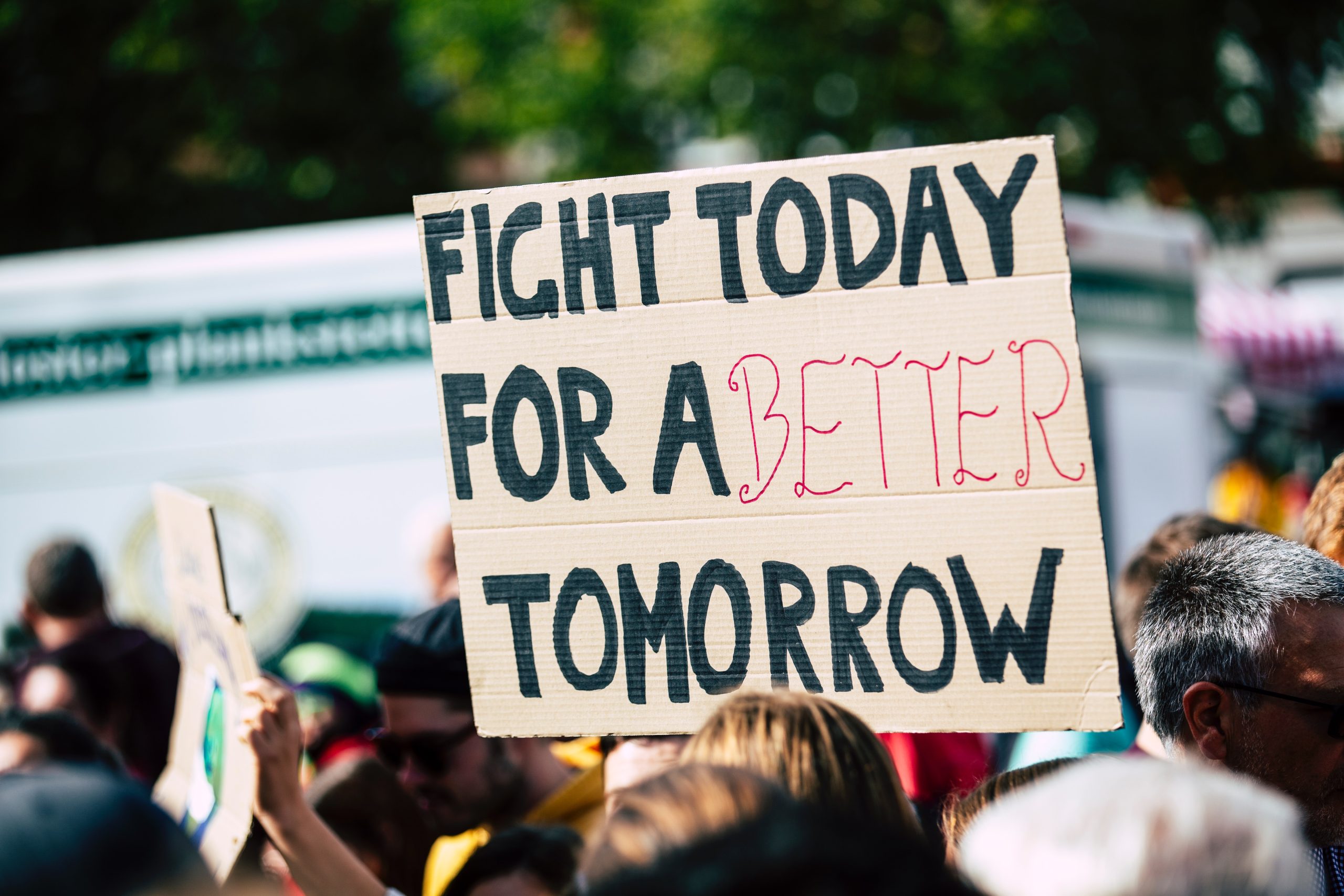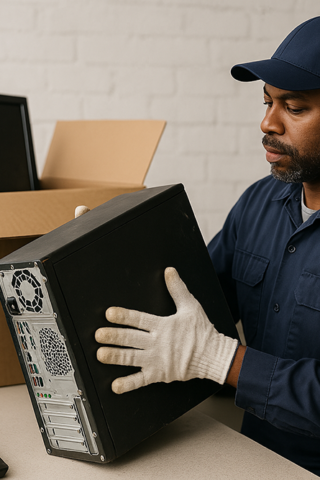YaleClimateConnections.org, Jill Hopke and Barbara Willard
Harmful ‘eco-anxiety’ and ‘doomism’ can, must, be reversed so that youthful students can fully engage in needed climate involvement.
It has been easy to despair about climate change given a summer of relentless heat waves, wildfires, and catastrophic flooding. Yet, there is reason for hope with high public concern globally and enactment of landmark climate legislation that promises to provide billions of dollars in climate and clean energy initiatives over the next decade. It is, to date, the largest piece of climate change legislation in U.S. history, offering hope when most needed.
Addressing Gen Z eco-anxiety
As professors at DePaul University in Chicago, we have found that our students suffer from an eco-anxiety that generations before them could have only imagined as science fiction. Our students, particularly in the Covid-pandemic context, often come to class feeling powerless and expressing a sense of paralysis on the state of the climate crisis.
Students say they talk with their friends and roommates about whether or not to have children and whether it is even worth saving for retirement as the future feels so uncertain. Students question how we can remain hopeful given the evidence of climate change impacts and projections for the future.
A fatalist mindset can result in inaction and withdrawal reflecting their feeling of helplessness. While we need to be honest about the challenges of the climate crisis, we also must give students clear and honest direction about realistic solutions. Sources of inspiration are essential in restoring a commitment to individual and collective action, and students must have hope for society’s collective capacity to act, and also hope in the gains to be made through effective advocacy.
A no-carbon visioning exercise helps students make the conversion to a more positive outlook: Students imagine a future that could be possible if we would just listen to the science. Imagining alternate futures allows us to dwell in the possible and in the process make hope a reality. As reported at this site, recent research suggests that hopeful and inspired imagination about positive climate change outcomes can even influence commitment to climate policy.
Hope motivates engagement and action
A sense of realistic hope is crucial to motivating young adults to take action on climate change. Educators can help students move beyond the limits of imagination for what our communities, and world, could look like with a transition away from fossil fuels. In this context, news coverage and an educational emphasis on climate change impacts – at the expense of discussing climate solutions – give only part of the story. To present the whole picture, we need to show the many solutions that are at hand.








